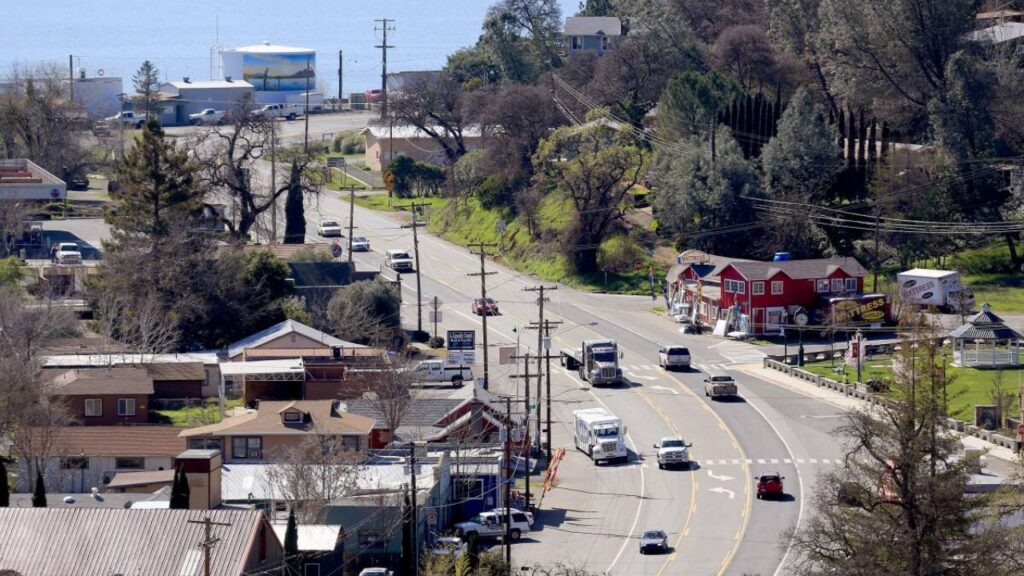Lake County, Illinois, stands as one of the United States’ wealthiest counties, boasting a median household income of $89,861 and a median home value of $279,500. Yet, beneath this affluence, disparities persist within the county. In this article, we’ll delve into the five most economically challenged neighborhoods in Lake County, Illinois, as determined by the percentage of residents living below the federal poverty line.
1. North Chicago
North Chicago, a city within Lake County with a population of 29,770, is home to the Great Lakes Naval Training Center, the largest military installation in Illinois. Despite this distinction, North Chicago bears the highest poverty rate in the county, with 23.8% of its residents residing below the poverty line.
The median household income here stands at a mere $42,758, less than half of the county average. Furthermore, educational attainment levels are low, with just 14.9% of adults holding a bachelor’s degree or higher. The city grapples with a host of social challenges, including crime, violence, drug abuse, and homelessness.
Also Read:
2. Zion
Zion, another Lake County city with 23,952 residents, was founded by Scottish evangelist John Alexander Dowie in 1901 as a religious utopia known as Zion City. Today, it’s recognized for its nuclear power plant and diverse population. However, it grapples with a high poverty rate of 19.9%, the second-highest in the county.
The median household income in Zion stands at $51,787, below the county average, and only 18.4% of adults have attained a bachelor’s degree or higher. Zion also faces challenges such as unemployment, housing instability, health disparities, and environmental issues.
Also Read:
3. Waukegan
Waukegan, with a population of 86,792, serves as the county seat and is Lake County’s largest city. Notably, it’s the birthplace of renowned author Ray Bradbury and comedian Jack Benny. Despite its significance, Waukegan grapples with a poverty rate of 15.7%, the third highest in the county.
The median household income here is $53,359, below the county average, and only 19.8% of adults have a bachelor’s degree or higher. The city contends with issues like economic decline, racial segregation, immigration challenges, and pollution.
Also Read:
4. Round Lake Beach
Round Lake Beach, a village with 27,325 residents, is part of the Round Lake Area, which includes several villages sharing a common lake and park district. Initially established as a resort community for Chicagoans seeking reprieve from urban heat, Round Lake Beach now confronts a poverty rate of 14%, the fourth highest in the county.
The median household income in this village is $61,362, falling below the county average, and only 17% of adults possess a bachelor’s degree or higher. Round Lake Beach faces challenges related to overcrowding, infrastructure issues, crime, and poverty.
Also Read:
5. Mundelein
Mundelein, a village boasting a population of 31,064, derives its name from Cardinal George Mundelein, who served as the archbishop of Chicago from 1915 to 1939. Mundelein is known for its historic downtown area and diverse community. However, it contends with a poverty rate of 12%, making it the fifth highest in the county.
The median household income in Mundelein stands at $79,528, below the county average, and only 28.7% of adults hold a bachelor’s degree or higher. The village faces challenges linked to income inequality, cultural integration, education gaps, and access to social services.
Also Read:
Conclusion
Lake County, Illinois, paints a picture of wealth and prosperity, yet within its borders lie pockets of poverty and adversity. The neighborhoods of North Chicago, Zion, Waukegan, Round Lake Beach, and Mundelein grapple with high poverty rates, low incomes, limited educational attainment, and various social challenges.
These communities require increased attention, support from local, state, and federal governments, and a collective effort from the broader county to foster a more inclusive and equitable society.


